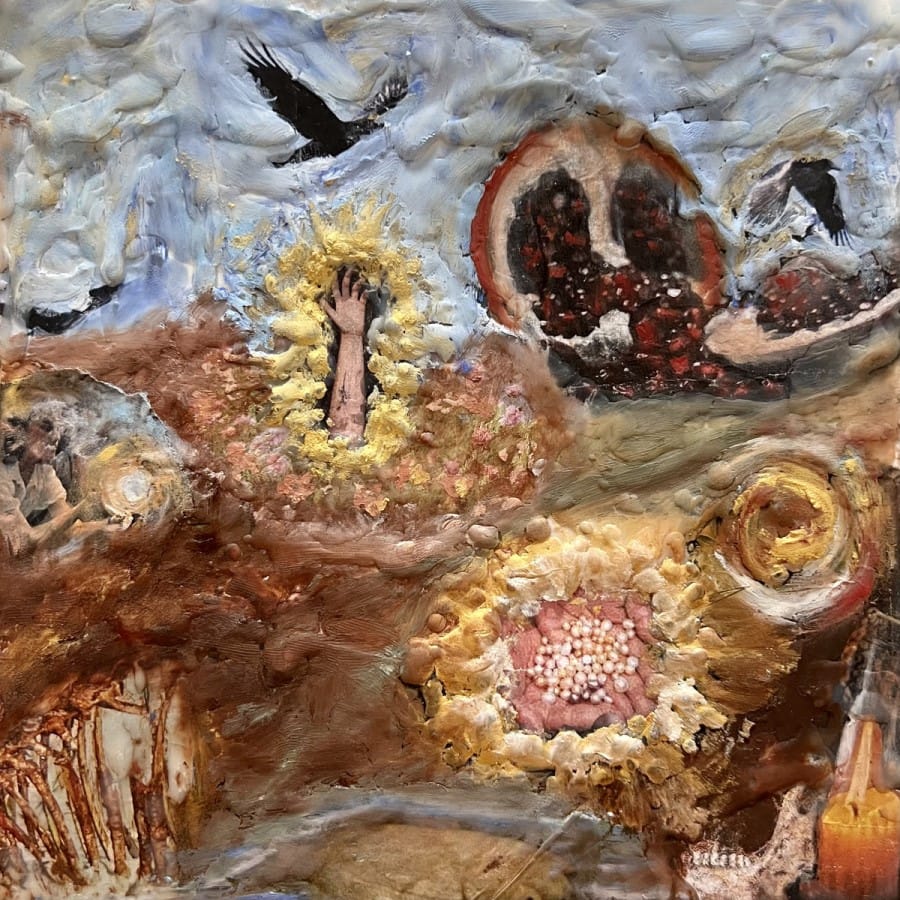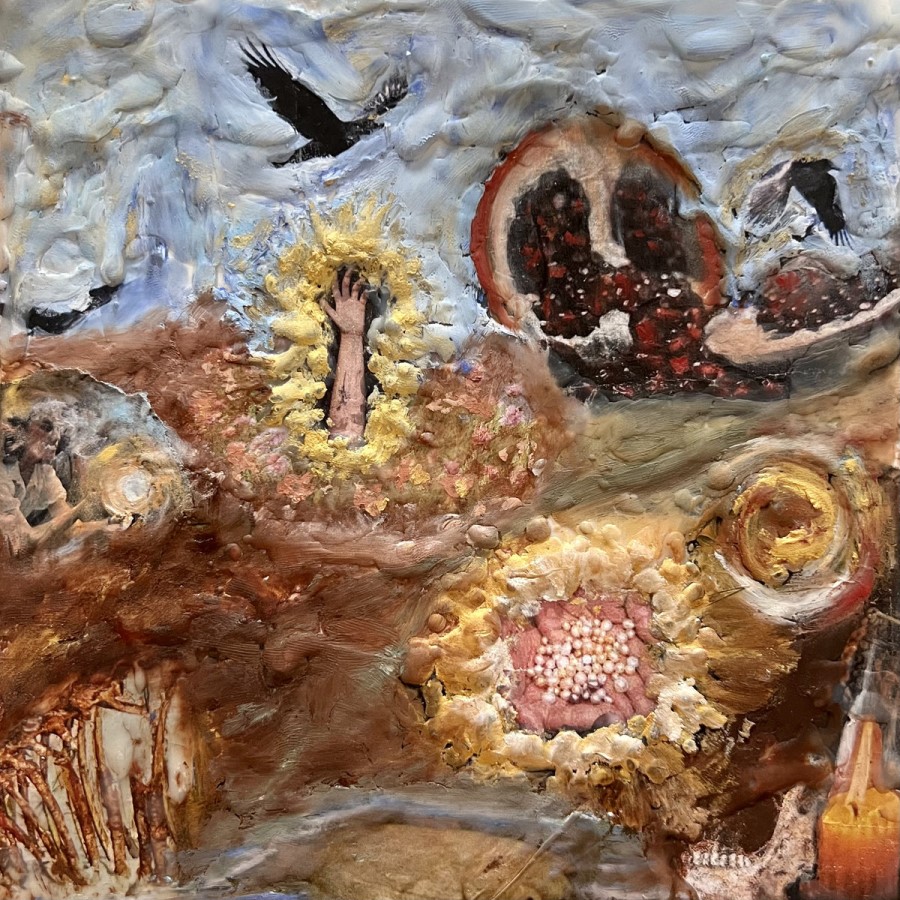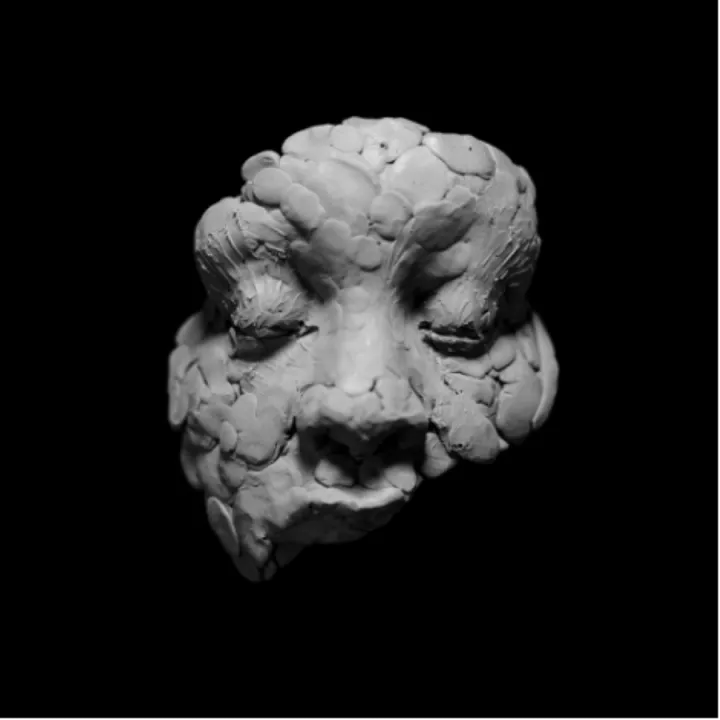Lila Blue -- Sweet Pea

Album four sees Lila Blue (they/she) step off the well-worn path, shucking their former status as a closeted child performer, embracing their non-binary identity, and celebrating queer pleasure. The title track marks the first time the twenty-three year old has ever written about their own sexual agency, with an infectious stomp and lines by turn urgent and joyously erotic. ‘Stranger’ picks up the same thread with its washboard-style shuffle and delicately affecting lyrics, continued by the front porch foot tapper of ‘Lovely Day’. But Sweet Pea isn’t all sweetness and light. The album chronicles Blue’s ongoing process of healing from sexual assault with striking insight, wisdom, and empathy.

The variety of emotions at play also provide ample opportunity for Blue to showcase their vocal prowess, oscillating between folk troubadour to feral, gravel-voiced growls on the ode to queer rage ‘There is a Drought’ and the haunting southern gothic of ‘Changeling’. Comparisons to Fiona Apple and Ani DiFranco are entirely justified, but there’s also more than a whisper of Joni Mitchell’s plaintive confessionalism and flourishes of the Cocteau Twins’ Elizabeth Frazer when the vocals take a sudden, unexpected turn.
The majority of the eleven tracks clock in at around the three minute mark, none of which outstay their welcome or abruptly end – unless that’s the intention, as it is with the final “Can I live here” in the heart-wrenching ‘Down and Out’. Though often simply stated, the lyrics balance strange, beguiling images with tenderness and devastating insights. It’s difficult to pick the album’s best example, but ‘How Could I’ offers a striking contender: “I sit you down, untie my tongue / And tell you how it feels / To be just an echo in a cave that will never heal.”
Along with the dark blues menace of ‘I Met The Devil’, ‘How Could I’ allows the listener to glimpse the guilt, grief, and healing process following sexual assault. It’s almost overwhelming in its anger and earnestness, yet with the swell of the viola (Ashley Frith) and punctuation of piano (Gabriel Ebert), it’s not without hope, a stark reminder that salvation can always be found. It provides a counterpoint to the off-kilter instrumentation on ‘I Met The Devil’ with its visceral images, anxious rhythms, and Saskia Lane’s bassline like a whipcrack.
Forcing grief and growth to co-exist, Sweet Pea moves from dark to warmth, from brooding to beautiful, and back again – often, as in ‘High on a Hill’, within the same song. A profound and powerful voice, Blue is an artist who’s looked the devil in the eye and walked away with the upper hand.
Lila Blue — Official, Bandcamp, Facebook, Instagram, Spotify




